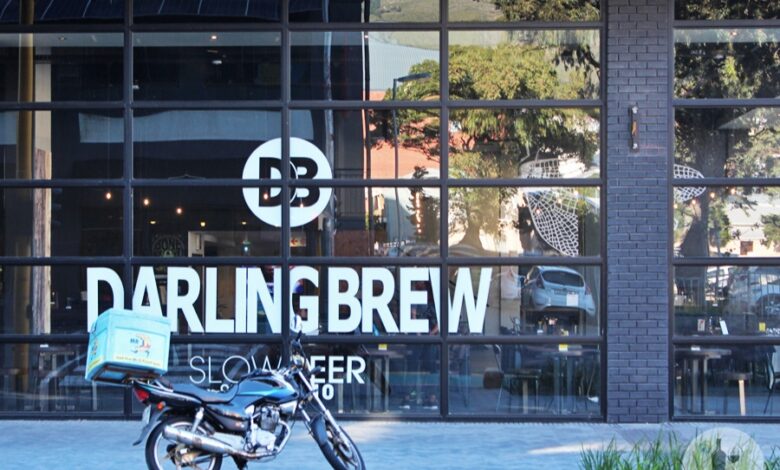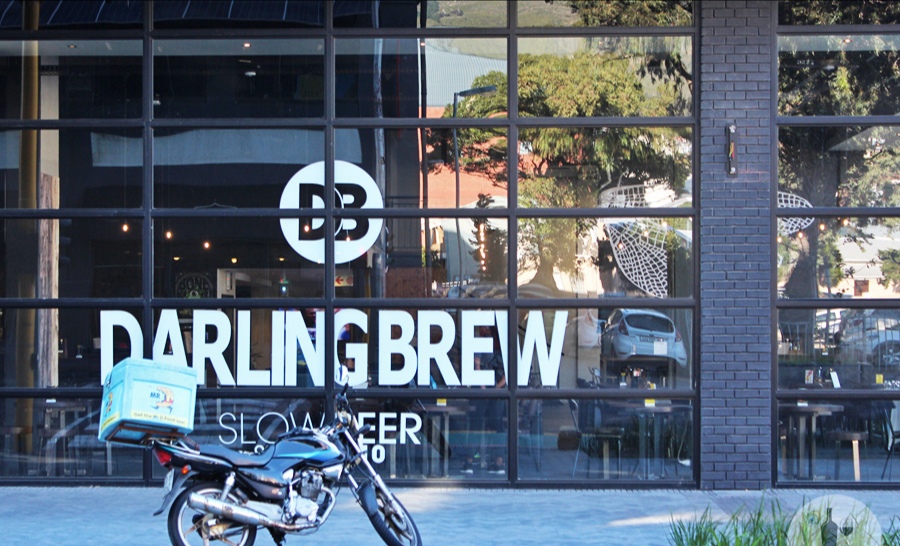How Brewing Start-Up Darling Brewery Became Africa’s First Carbon Neutral Brewery

How Brewing Start-Up Darling Brewery Became Africa’s First Carbon Neutral Brewery. In operation since 2010, Darling Brew is one of South Africa’s first well established and award-winning microbreweries. Over the years, each beer in its wide range of premium specialty beers has followed an epic journey forming unique characteristics inspired by the endangered species each brew is dedicated to.

Darling Brew, a craft brewery based in the town of Darling in the Western Cape, has been officially declared as Africa’s first carbon neutral brewery. It’s sustainability journey starts with its passion for the conservation of the environment and the animals it has encountered.
The Brewery is expected to offset a total of 687.96 tons of CO2 over the next year. This will be equivalent to having eliminated the same amount of carbon from the environment as 17 829 tree seedlings having grown for 10 years. To become Africa’s first carbon neutral brewery, Darling Brew has calculated their carbon footprint by means of a greenhouse gas audit. “It’s not about doing what we like with our operations and just offsetting our impact,” says Kevin Wood, owner and founder of Darling Brew, “It’s about our commitment to continuously reducing our carbon footprint as much as possible whilst using the offsetting process as a way of further redressing our impact.”
Darling Brew has been on their sustainability journey since opening in 2010, when they created their line of craft beers which drive awareness on animal conservation in Africa. The brewery has recently taken to openly and prominently displaying the month to month statistics on their water, waste, energy and carbon use in the hopes of including Darling Brew’s patrons in the journey and spreading awareness.
In addition to the carbon offsetting and consumption tracking, Darling Brew have implemented a series of green initiatives in the brewery that includes water efficient fittings, waterless urinals, ongoing recycling and food waste management and the use of upcycled furniture and recycled wood in the brewery and taste room area.




